The Tea House (1974) and Big Brother Cheng (1975), two films he made for director Kuei Chi-hung at Shaw Brothers, may rank as the first triad films ever made.
How Hong Kong’s Mabel Cheung directed 2 of the best films about 80s New York
How Hong Kong’s Mabel Cheung directed 2 of the best films about 80s New York
His kung fu skills were his strength, rather than his image. Chen prided himself on the fact that, unlike most of his peers, who learned kung fu at the Shaw Brothers studio acting school, he was a professional martial artist before he entered the film industry.
Chen had trained in Monkey-style kung fu, and won the lightweight title at the first Asia Kung Fu tournament in Singapore in 1969.
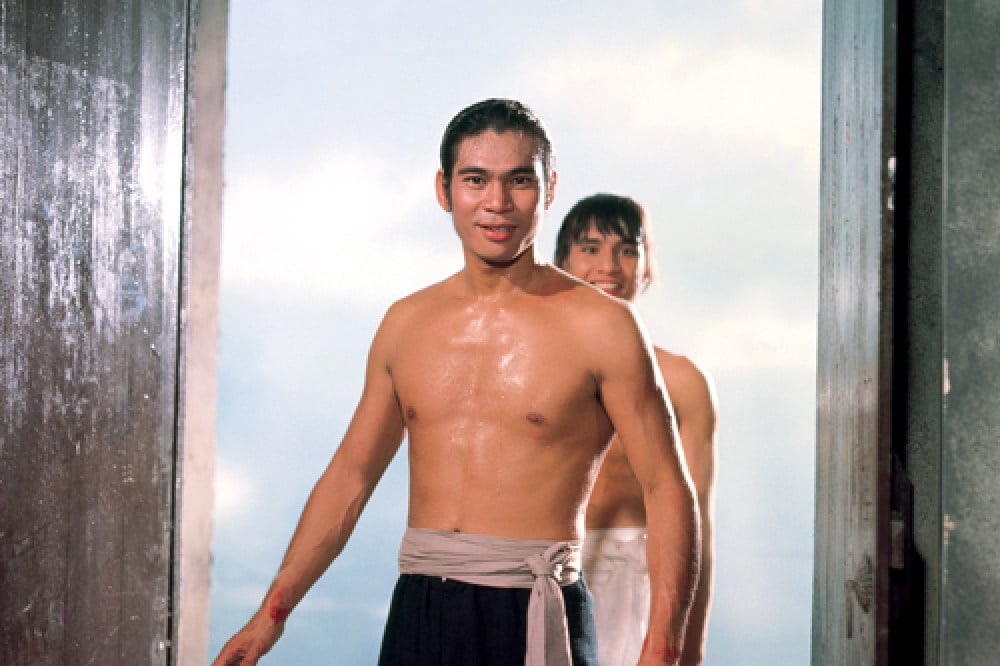
Chen has also aspired to be more than an actor, and has always kept an eye on the money. He formed his own production company, Tai Shen, as early as 1973, and moved into directing in 1977 with Iron Monkey – a film which led to a two-year lawsuit with his employers Shaw Brothers over his contract, which he lost.
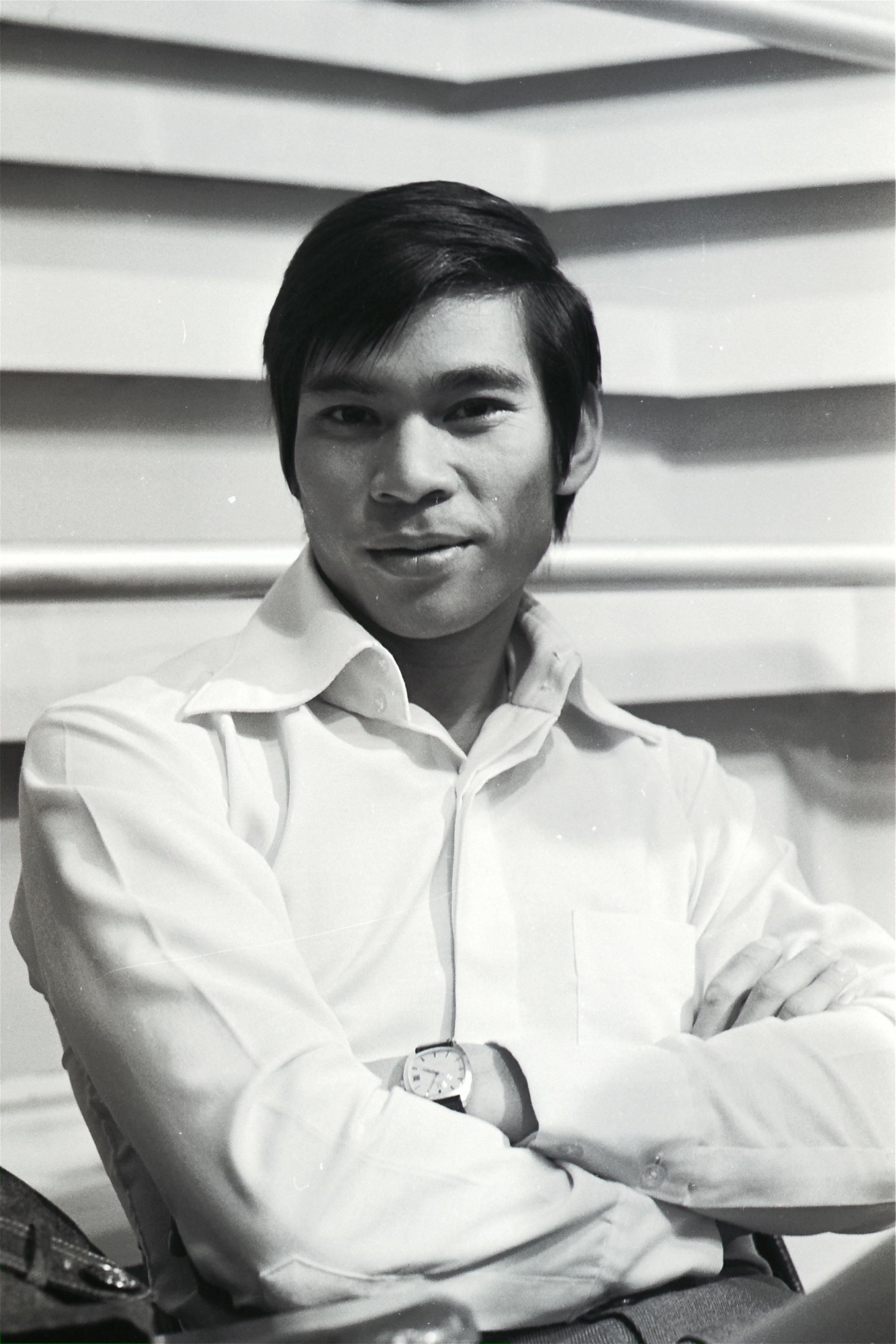
Boxer from Shantung was a hit, leading the Post to note that “actor Chen is now so busy on his new assignments that he hardly finds any time to spend with his family”.
“Director Chang often started very late at night,” Chen told the Film Archive. “He would often look like he was napping on set, but you couldn’t assume that he had actually fallen asleep, because he was always aware if a shot was good or not.”
Were the folk heroes of kung fu films real historical figures?
Were the folk heroes of kung fu films real historical figures?
Killer Constable, directed in 1980 again by Kuei Chi-hung, is a stand-out from the later part of his career at Shaw Brothers – he returned to the studio after losing the lawsuit. Chen plays a vicious police official who indiscriminately kills his suspects in this Qing dynasty drama.
The little finger on his right hand was cut off during filming, when his on-screen opponent accidentally aimed a sword blow at his head instead of his body.
“Out of instinct, I tried to block the blow with my hand, and my little finger was cut off. I was lucky, as all my fingers could have been cut off,” he said.
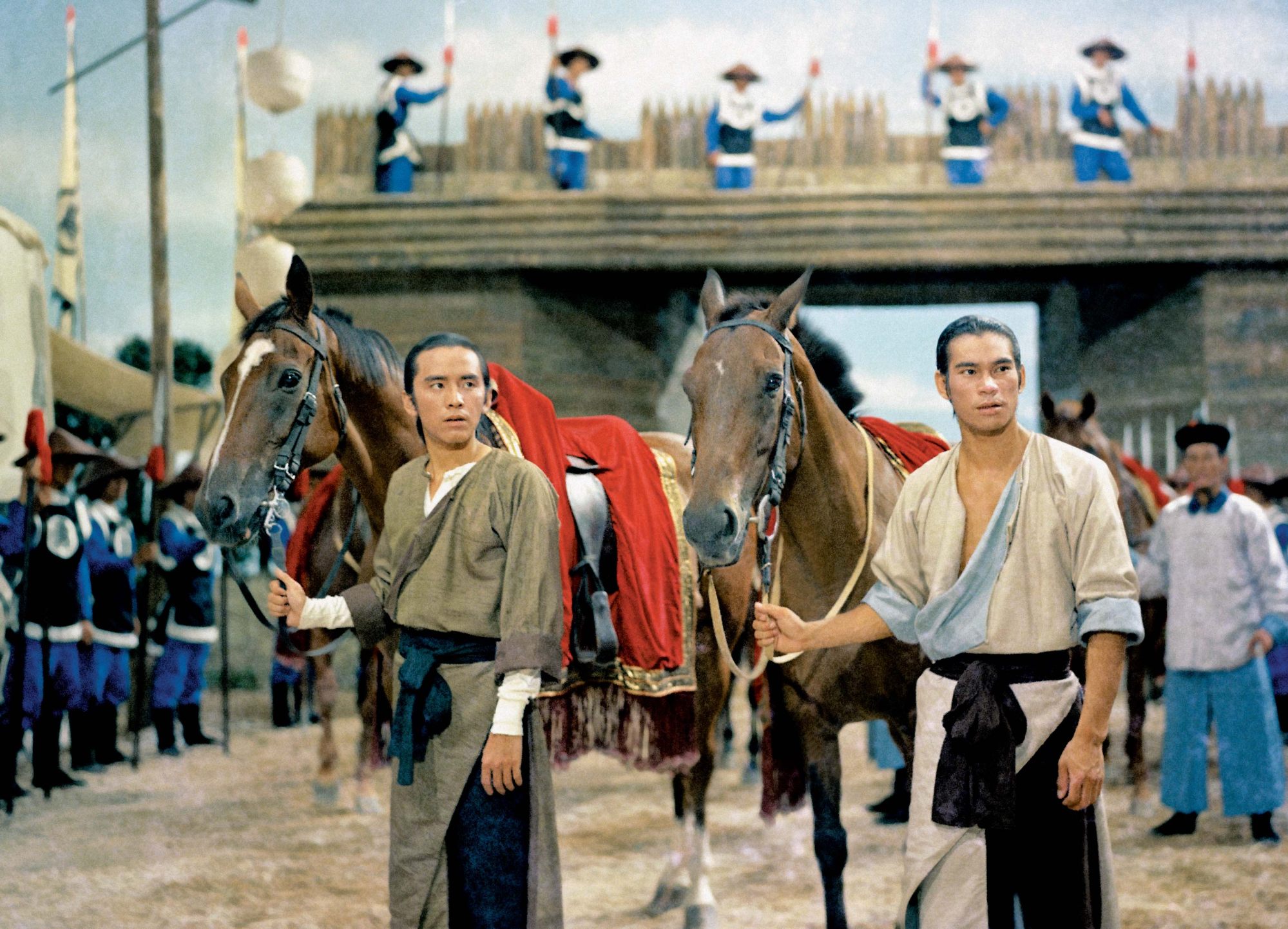
Ti Lung, the valiant one
Unlike Chen, Ti Lung was not an expert in martial arts, although he had received some after-work training in wing chun before he joined Shaw Brothers.
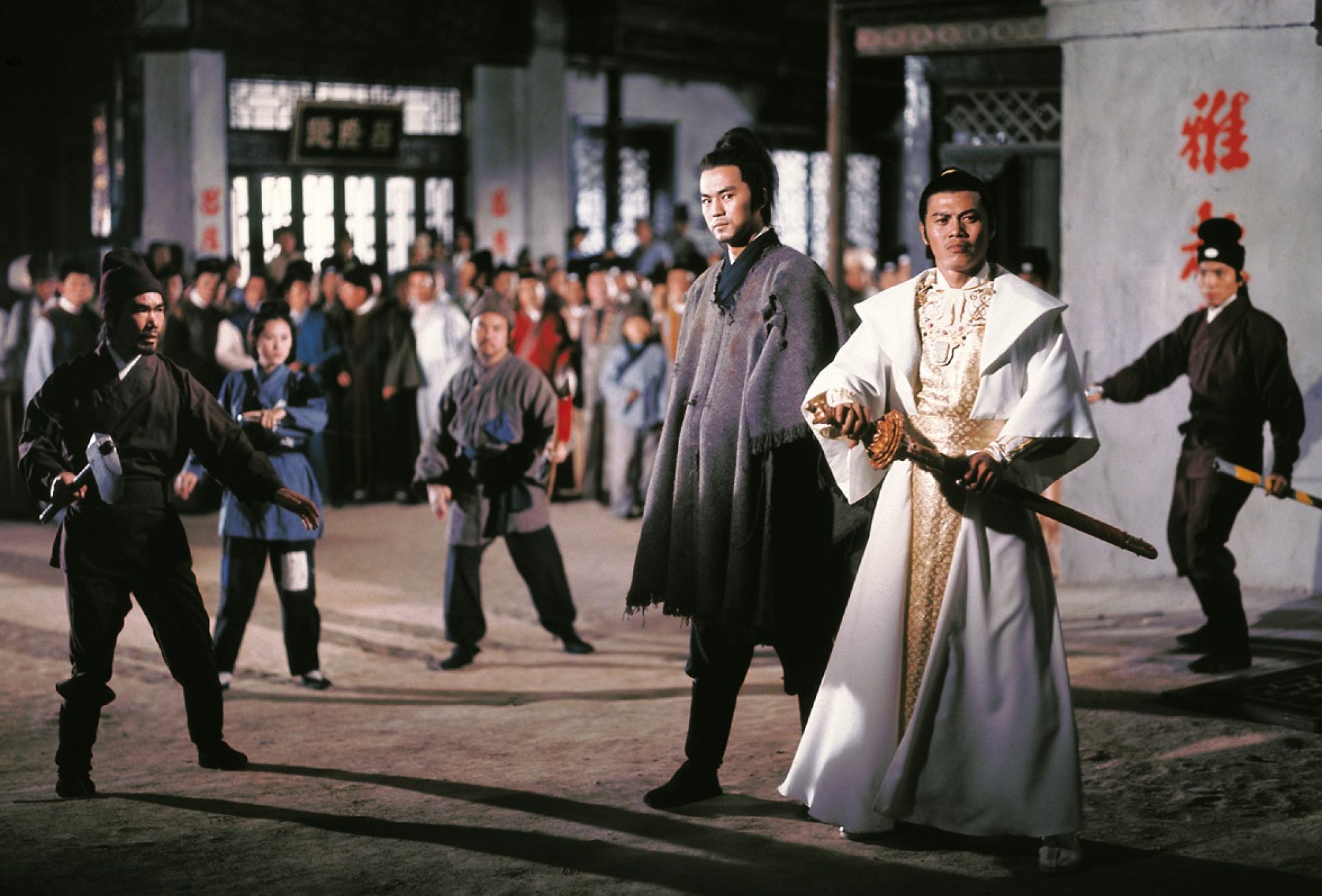
Moreover, Ti, whose real name is Tam Fu-wing, was almost exclusively cast in heroic roles. His honest face and upright demeanour meant that directors had difficulty envisioning him as anything but a valorous hero.
“Anyone can swing a sword, but Ti Lung swings one with charisma,” one critic noted.
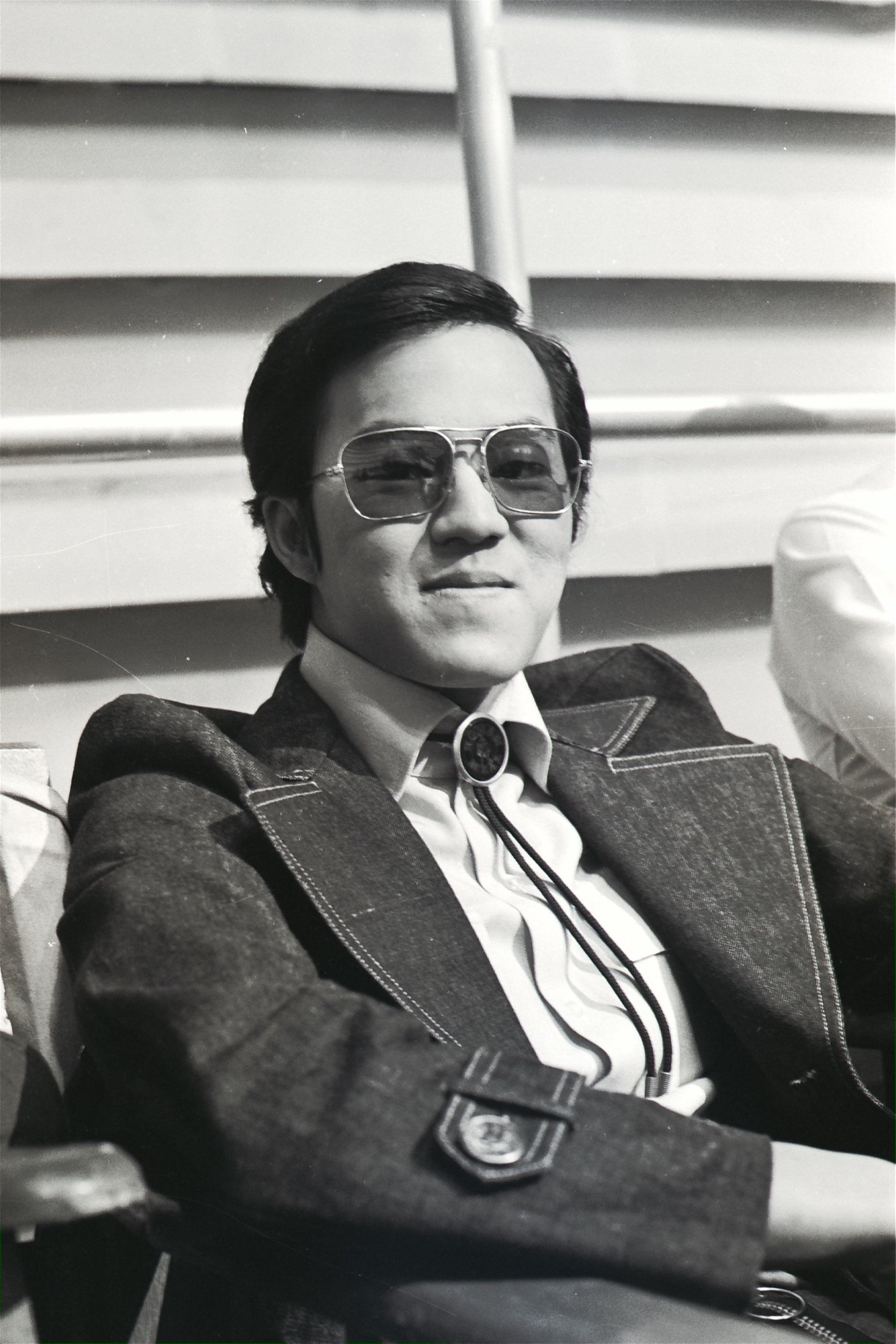
Often paired with David Chiang, whom he looked up to, Ti made his name as a regular star of Chang’s acting squad in the 1970s.
Chiang was usually cast in impish roles, and Ti – who was usually billed under Chiang – would play his upstanding counterpart. Ti has said that screenwriter Ni Kuang modelled the fictional characters on the real personalities and values of Chang’s stars.
Ti has always believed in the values of Shaolin kung fu. “In a wuxia film, one must uphold the wuxia spirit,” Ti told the Film Archive in 1999. “One must not kill the innocent, and you must honour your teachers and respect their learning.”
Interestingly, Ti only had a major role as a wuxia villain once, and it was his most memorable performance. In Chang’s brilliant The Blood Brothers, he was cast in the role of a martial artist who becomes a general and betrays his friends in the pursuit of power – and his best friend’s girl.
Magic, mystery, deception: Chor Yuen’s takes on Gu Long’s martial arts novels
Magic, mystery, deception: Chor Yuen’s takes on Gu Long’s martial arts novels
“I think that villains are simply unfortunate souls who are sacrificed in the narrative,” he told the Film Archive. “They can be very human.”
In 1986, production house Cinema City asked him to star as a troubled gangster trying to go straight in John Woo’s A Better Tomorrow. Ti thought that the wuxia spirit was present in the gangster – whom he described as “half-hero, half-villain” – and he accepted.
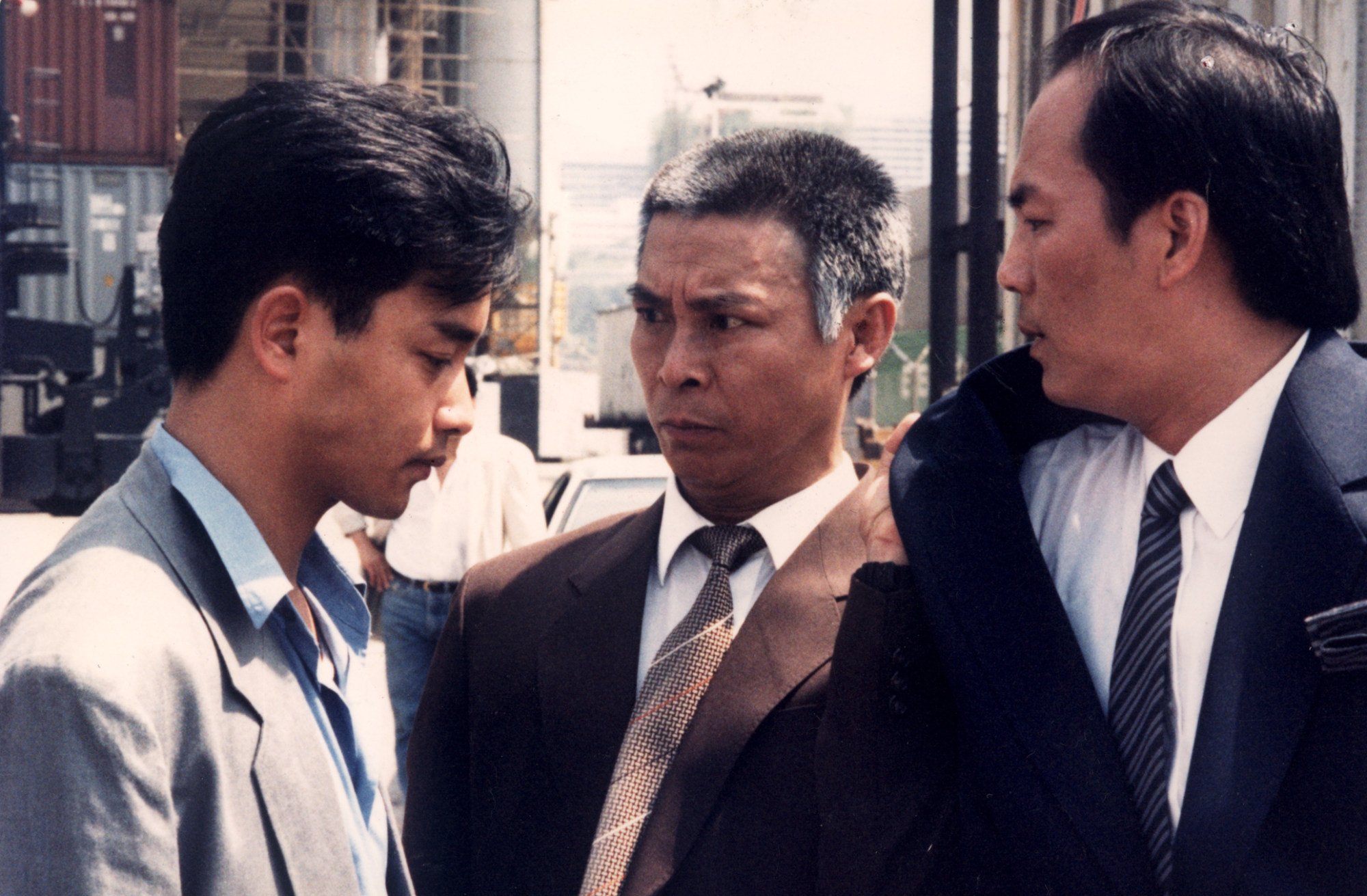
In this regular feature series on the best of Hong Kong cinema, we examine the legacy of classic films, re-evaluate the careers of its greatest stars, and revisit some of the lesser-known aspects of the beloved industry.

